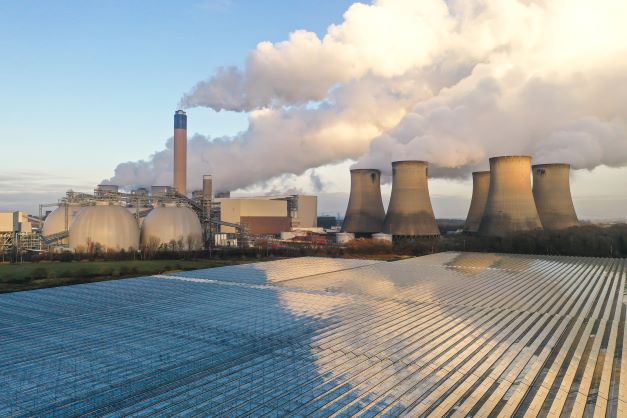The twin challenges of reducing emissions from horticulture and agriculture whilst maintaining the economics of production have been brought into stark view over the last few months as energy prices have dramatically increased. It was always going to be difficult to assign capital to measures that reduce carbon emissions but don’t necessarily improve productivity or profitability. The industry needs to find creative solutions to meet this challenge and all options are worthy of consideration and investigation.
One option for horticulture may be replacing gas use with spare reject heat from other energy users, or indeed the supply of low grade heat to third parties. The former provides opportunity to improve the efficiency and economics of the heat supplier whilst simultaneously providing lower cost, lower carbon energy and improving the environmental credentials of both, the latter provides opportunity for additional income and better overall efficiency. Use of industrial spare heat was explored during the recent workshop held by GrowSave to try to define the ‘Future of heating and CO2 supply for protected cropping’. The option met with some interest by the growers in attendance, and whilst compromises will be needed on both sides (supply and demand) the synergies are clear.
This option is also to be explored further still in a dedicated Innovate UK funded project, comprising of NFU Energy and District Eating Ltd personnel. Over 15 months the challenges will be defined and solutions worked on to give the opportunity the greatest chance of success. If you would like to get involved then please drop GrowSave staff an email or call.
On a similar note, in regards Innovate funding, NFU Energy are further involved in a project that seeks to remove methane derived from dairy cows, housed in cubicle sheds, which provides potential to remove methane from the atmosphere at source. The project will investigate this potential and run a trial unit for a number of months.
Capturing greenhouse gases such as methane and CO2 from the atmosphere could be a solution for immediate removals, ideally we reduce emissions first to reduce the need for such removals, however the government and several privately funded organisations are taking the option seriously and we expect to see many more direct air capture techniques in the coming couple of years as technology and efficiencies of these actions improve.
If you have any questions or energy related queries, please call the GrowSave team at NFU energy on 024 7669 6612.

